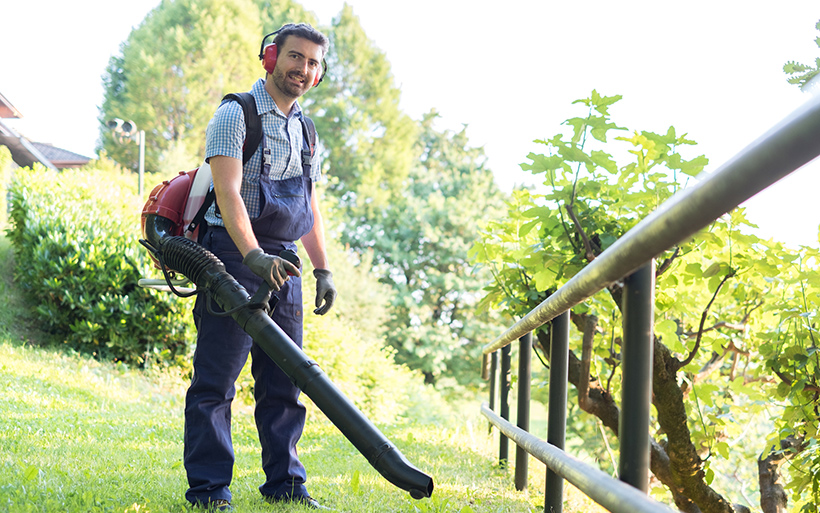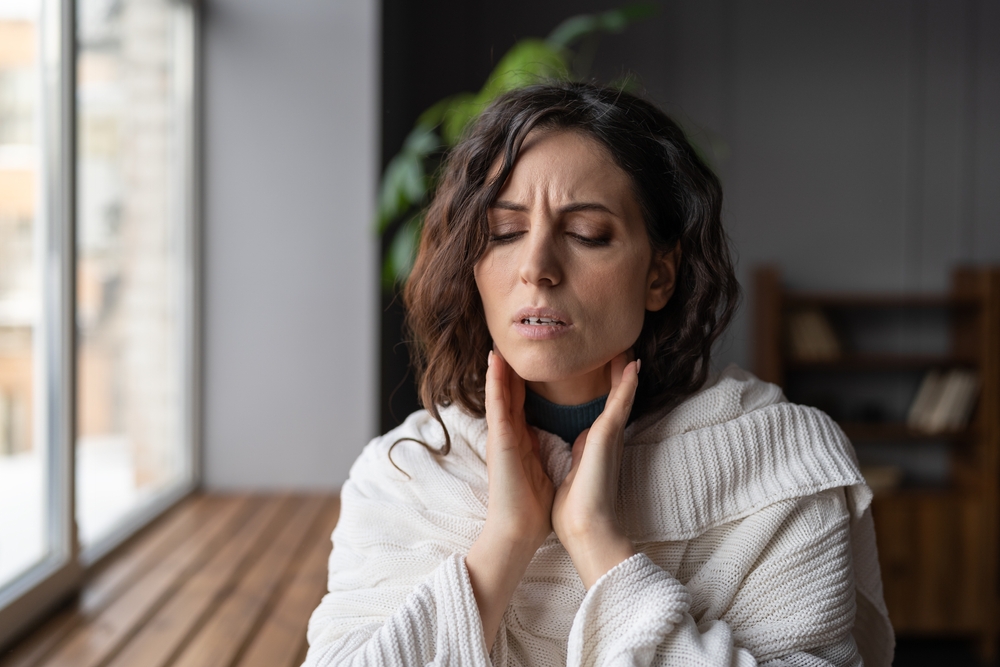Noise pollution is very real, even though we often tune it out. According to a 2014 study, tens of millions of Americans are repeatedly exposed to sounds louder than 70 decibels (dB) each day.
While permanent hearing loss can be caused by frequent exposure to sounds louder than 85 dB, repeated exposure to loud noises can also cause other health problems. Warnings from the World Health Organization (WHO), stricter rules from the Occupational Safety and Health Administration (OSHA), and countries around the world are all encouraging action to reduce noise pollution.
Additionally, areas with significant noise pollution can produce intermittent noises exceeding 100 dB, which can cause permanent hearing loss after only minimal exposure.
What causes noise pollution?
Noise pollution emanates from environments where people are regularly exposed to sounds loud enough to cause health problems. Some familiar places you’ll find noise pollution include:
- Along busy streets and highways
- Construction or manufacturing sites
- Airports
- Train stations or railroad tracks
- Noisy workplaces
- Gun ranges
- Industrial areas with large fans or generators
- Fireworks, concerts, and rallies
You probably expected these places to produce noise pollution, but you may be surprised at what’s occurring in “quiet” neighborhoods.
Inside and outside your home, you may hear:
- Fan or air conditioning unit – 60 dB
- Car stereo at a distance – 60 dB
- Vacuum cleaner – 70 dB
- Loud TV or radio – up to 70 dB
- Speeding car – 70 dB
- Dishwasher or washing machine – 80 dB
- Semitrailer – 80 dB
- Motorcycle – 90 dB
- Lawnmower – 96 dB
In large cities, noise is typically louder and consistently reaches levels that can damage hearing. This constant noise takes a toll on the health of people who endure it.
The health effects of noise pollution
Serious health conditions have been linked to noise pollution, including:
- Hearing loss
- High blood pressure
- Insomnia
- Learning problems
- Psychological issues among children
- Dementia
- Heart disease
- Stress and anxiety
And we wonder why people who live in noisy cities are often stressed out! By 2030, an estimated 60% of the US population will live in cities where noise regularly reaches ear-damaging levels. A recent study showed city dwellers suffer notable hearing loss 10 to 20 years earlier than their rural counterparts.
How People Feel About Noise Pollution
A US Census survey asked respondents what they disliked most about the neighborhoods where they lived. Noise pollution was by far the number one complaint. For many, the noise was enough to make them want to move. But are any neighborhoods truly free from significant noise pollution?
Studies have found there are few quiet neighborhoods these days. As the world’s population increases, the chances of being near an airport, train, busy street, or noisy business increase exponentially.
That’s why steps need to be taken to protect our health and hearing.
What’s being done to mitigate noise pollution?
In the United States, OSHA has been tasked with protecting workers from work-related hazards, including noise pollution. The federal agency mandates that employees should not be exposed to 90 dB for more than eight hours. For every 5 dB the sound increases in volume, the time limit is cut in half. That means the limits are 95 dB for no more than four hours and 100 dB for no more than two hours. Employers are required to monitor sound levels in their businesses to ensure OSHA compliance.
Some individual states have noise restrictions on motorcycles, snowmobiles, and other loud vehicles. Most of these laws allow the vehicle to operate near hearing loss levels, however. Noise ordinances are typically handled at a local level, so they can vary widely.
In most neighborhoods in Australia, the noise limit is 35 dB between 10 p.m. and 7 a.m. This provides residents with several hours of quiet time to rest and recuperate. Violators of the noise limit can be fined.
In India, they’ve banned two-stroke engines, which can generate sounds louder than 96 dB.
We still have a long way to go, but we are moving in the right direction. WHO recommends a 35 dB limit in rooms where someone is sleeping or learning.
What can you do about noise pollution?
You can help by not being a part of the problem. Avoid running noisy equipment at night when people may be sleeping. It’s also essential to protect your health and hearing. Wear earplugs when you’re exposed to noise levels that can cause hearing loss or other health problems, including when attending a loud party or using a lawnmower.
Each year, you should have your hearing tested by a hearing specialist and talk with him or her about what you can do to limit your exposure to noise pollution.



